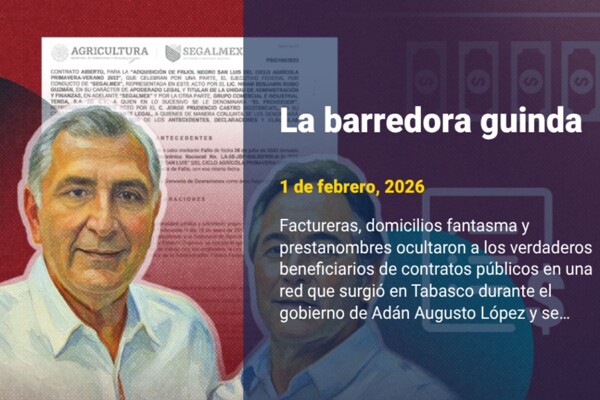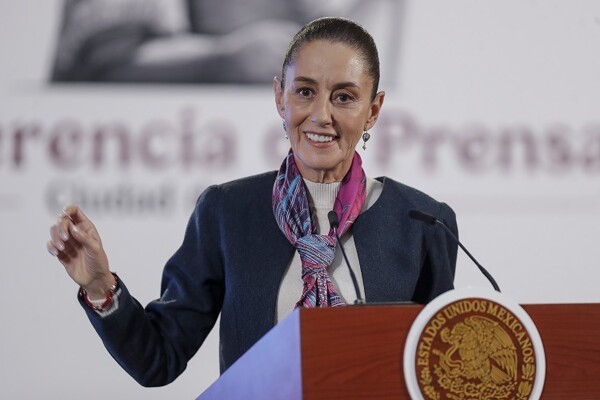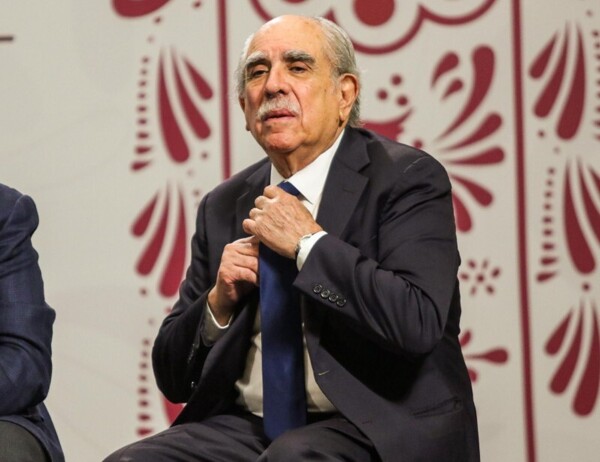
Recently, the importance of economic growth and its impact on fiscal and monetary policies has been highlighted. Economic growth is fundamental for well-being as it influences the availability of resources for households, the generation of jobs by companies, and the actions that authorities must take to prevent inflationary pressures or excessive debt.
Among the factors that have affected these estimates are the uncertainty generated by possible tariffs, the process of fiscal consolidation, and the decrease in investment, especially in the construction sector. Despite this slowdown, private consumption remains an important pillar of economic activity at the beginning of this year.
The growth of the fiscal deficit and the reduction of labor productivity raise doubts about the long-term sustainability of household income sources. Both the Bank of Mexico and the Ministry of Finance must collaborate in the short term to reduce the risks associated with compliance with the fiscal consolidation program and to control the persistent inflationary pressures, especially in services and food.
In the Mexican economic sphere, the dynamics are primarily driven by wages, government cash transfers, and remittances. The discussion about growth focuses on two dimensions: a cyclical one, linked to temporary factors, and another structural, related to the medium-term potential growth of the country.
The continuity of labor and social policies, as well as the uncertainty generated by changes in energy legislation, influence the investment and consumption decisions of businesses and households. The economic growth projection for 2025 has been revised downward by various analysts, suggesting a challenging scenario.
In this context, the question arises whether this time the economic cycle will be different and whether political and economic decisions will manage to positively impact stability and long-term growth.














